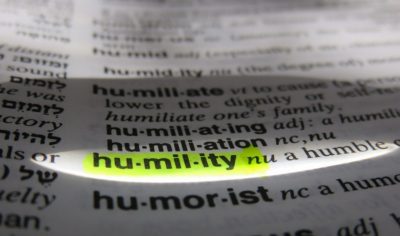Maura Priest is a residential research fellow with the Humanities Institute’s Humility and Conviction in Public Life Project
MP: I received my PhD and Master’s Degree in philosophy from the University of California, Irvine. I received my BA in philosophy (political science minor) from California State University, Fullerton.
H&C: What is the project you’re currently working on?
MP: I am currently working on two projects. The first is a mix of epistemology, ethics, and political philosophy. I seek to understand how ethical virtues function at the group and collective level. I focus in particular on intellectual humility, epistemic greed, and disagreement. I am also working on a project on manipulation. I want to define manipulation and explain the different variants of the character trait. I then explain how this trait can cause epistemic and moral harm in interpersonal relations. Lastly, I look at manipulation in respect to both private and governmental institutions. I am particularly interested in political manipulation and manipulative advertising.
H&C: How did you arrive at this topic?
MP: I have always been interested in the intersection of ethics, politics, and epistemology. I believe that the epistemic enterprise is an ethical enterprise, and that political institutions are bound by ethical and epistemic constraints. Hence ethics, epistemology, and political theory interact in important and underdiscussed ways. We cannot, for instance, fully understand moral virtue unless we understand epistemic virtue. Neither can we form moral and just political institutions without a clear understanding of the ethics of epistemology. This is because political institutions are highly epistemic in nature, i.e., electing the proper governing officials and creating just and fair laws supervenes on knowledge, understanding, and wisdom.
H&C: What impact might your work have on a larger public understanding of your topic?
MP: I think my work is particularly relevant given the current political environment. For instance, although this might seem a time for academics to become cynical about the public and their ability to make just democratic choices, it is important to remain humble and listen to the perspectives of those with whom we strongly disagree. Unfortunately, at times like this, it is especially tempting to throw epistemic norms to the wayside for what might seem like the greater epistemic and moral good. However, a world in which manipulation and epistemic dishonestly become common in and around the university is a world even worse than the one we live in today. It is important to not let despair impede intellectual humility at the individual or group level. It is also critical that we are able to recognize vices like manipulation and epistemic arrogance for what they are. With this recognize such traits can be justly condemned by persons who refuse to stoop to the same level.
 Whither humility?
Whither humility?